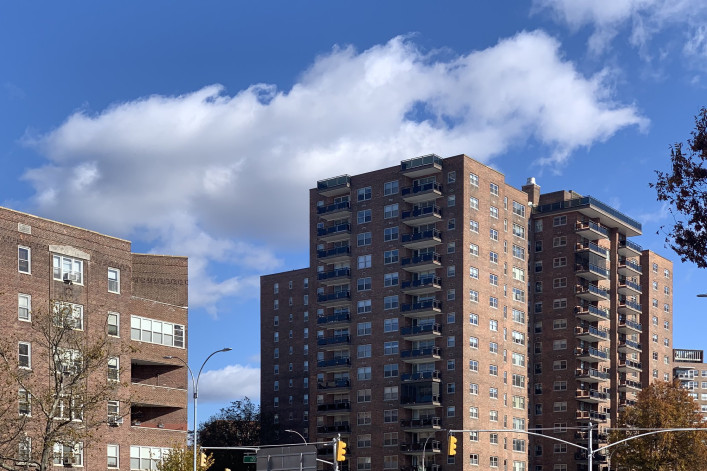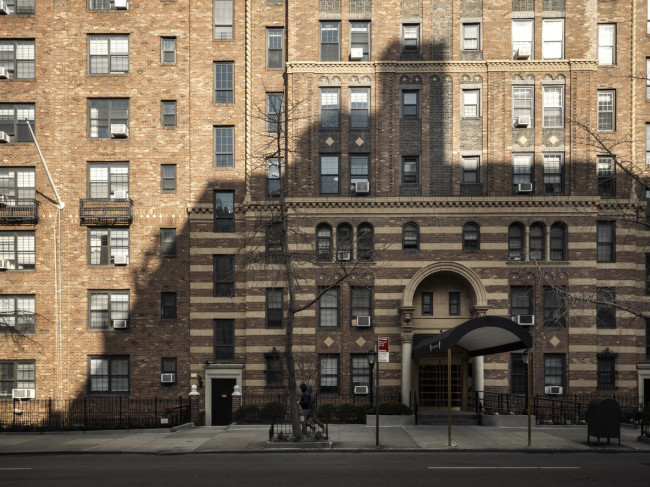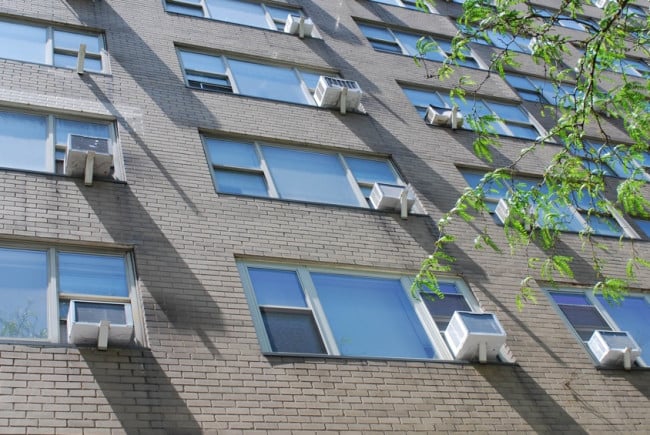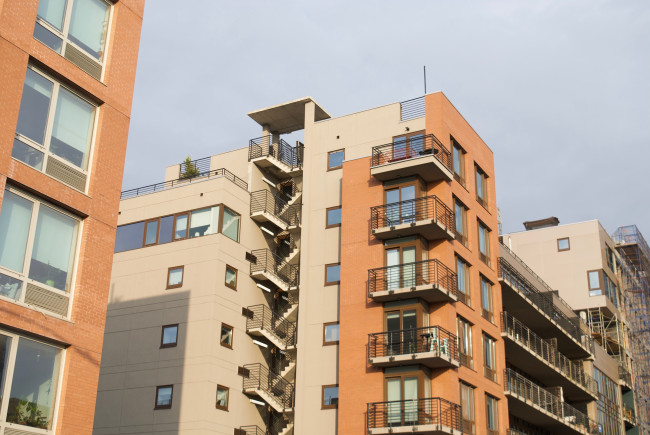Can my landlord keep our security deposit because we put up an illegal wall?

It may not be worth it to put up a fight in this case.
My family is moving out of our rent-stabilized, one-bedroom apartment. The landlord says he's keeping our security deposit because we put up an illegal wall (to create a nursery for our infant). However, during our tenancy he has neglected to do legally required things, like put bars on the windows for the baby's safety. Can he really keep our deposit?
If your landlord has to take down the temporary wall himself when you move out, then he can keep your deposit—and in fact, the deposit may not even cover the removal in full, our experts say.
Putting up a wall to divvy up space in your rental could constitute an illegal alteration. It's one thing to apply a new coat of paint, but making substantial changes to your rental could not only cost you your security deposit, but can get you evicted or sued if the change you've made is "incurable," that is, not easy to fix.
"The landlord is completely right," says Sam Himmelstein, a lawyer who represents residential and commercial tenants and tenant associations (and FYI, a Brick sponsor). "If you did an illegal alteration and the landlord has to restore the apartment to the condition it was in when you first rented it, he could probably keep the deposit. It may even cost more than the security deposit."
If you're able to take down the wall yourself, you may have a better chance at getting your deposit refunded. But if there's any residual damage from the wall that the landlord has to repair, it's less likely.
The new rental laws passed by the state legislature earlier this year do make it easier for tenants to get their security deposits back relatively quickly. Tenants can now request an inspection of their apartments one to two weeks before the end of their tenancy, as long as they've given the landlord at least two weeks notice of their intent to terminate the lease.
The law also requires that landlords provide tenants with an itemized statement specifying which repairs the security deposit is being used for; and the landlord must return the balance to tenants within 14 days after the apartment has been vacated.
You need to consider how your time is best spent.
"There's practical side to this," Himmelstein points out. "The deposit may not be worth fighting over. Do what you can to restore the apartment, because it could end up costing you more than the security deposit to repair it, and then the landlord can sue."
And the fact that he neglected to address certain issues during your tenancy, like putting bars on your windows, has no bearing on this.
"Those are like ships that pass in the night—they're independent obligations," Himmelstein says. "Had they wanted the landlord to put bars on the windows, they could've forced him to do it. But they can't use his failure to do so as a reason to get the deposit back."
Trouble at home? Get your NYC apartment-dweller questions answered by an expert. Send your questions to [email protected].
For more Ask an Expert questions and answers, click here.
You Might Also Like



























